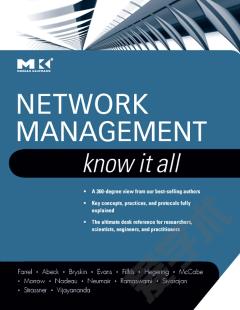Managing Knowledge Networks
The information context of the modern organization is rapidly evolving in the face of intense global competition. Information technologies, including databases, new telecommunications systems, and software for synthesizing information, make a vast array of information available to an ever expanding number of organizational members. Management's exclusive control over knowledge is steadily declining, in part because of the downsizing of organizations and the decline of the number of layers in an organizational hierarchy. These trends, as well as issues surrounding the Web 2.0 and social networking, mean that it is increasingly important that we understand how informal knowledge networks impact the generation, capturing, storing, dissemination, and application of knowledge. This innovative book provides a thorough analysis of knowledge networks, focusing on how relationships contribute to the creation of knowledge, its distribution within organizations, how it is diffused and transferred, and how people find it and share it collaboratively.
{{comment.content}}








 京公网安备 11010802027623号
京公网安备 11010802027623号